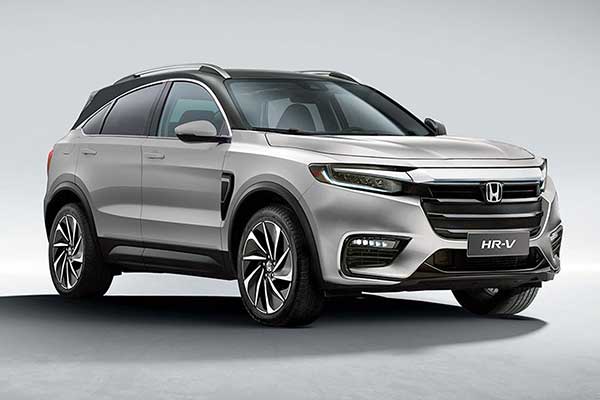Are you in the market for a new set of wheels but working with a limited budget? Buying a used car can be an excellent solution, helping you save a considerable amount of money while still getting a reliable vehicle. In this guide, we’ll help you navigate the pre-owned auto market and make an informed decision by identifying the pros and cons of buying a used car.
Pros of Buying a Used Car
1. Cost Savings: The most compelling advantage of buying a used car is the cost savings. New cars depreciate rapidly in their first few years, which means that you can often get a car that’s just a few years old at a significantly reduced price compared to a brand-new one.
2. Lower Insurance Costs: Insurance premiums are typically lower for used cars, saving you money month after month.
3. No Depreciation Hit: When you drive a new car off the lot, it loses a significant portion of its value. With a used car, you avoid this steep depreciation curve.
4. Vehicle History Reports: Thanks to services like Carfax and AutoCheck, you can easily access a used car’s history, including accident reports and service records, giving you a clearer picture of its condition.
5. Wider Selection: The used car market offers a wide variety of makes and models, allowing you to find a car that suits your needs and budget perfectly.
Cons of Buying a Used Car
1. Limited Warranty: Unlike new cars that come with comprehensive warranties, used cars may have limited or no warranty coverage. You’ll need to be prepared for potential repair costs.
2. Uncertainty: It can be challenging to determine how well the previous owner maintained the vehicle, which could lead to unexpected issues down the road.
3. Higher Maintenance Costs: As a car ages, it typically requires more maintenance and repairs. Budgeting for these expenses is crucial.
4. Potentially Outdated Features: Older models might not have the latest safety and technology features, so you may need to compromise on some modern amenities.
Now that you understand the pros and cons, here’s a step-by-step guide to buying a used car:
1. Determine Your Budget:
Before you start shopping, establish a clear budget. Consider not only the purchase price but also ongoing expenses like insurance, fuel, and maintenance.
2. Research the Market:
Spend time researching the makes and models you’re interested in. Check prices, availability, and reviews to identify the best options for your needs.
3. Vehicle History Check:
When you find a used car that piques your interest, obtain a vehicle history report to understand its background, including any accidents or title issues.
4. Inspect and Test Drive:
Don’t skip the inspection and test drive. If you’re not confident in your ability to assess a car’s condition, consider hiring a professional mechanic to inspect it.
5. Negotiate the Price:
Be prepared to haggle. Dealers and private sellers often expect some negotiation, and this is where you can potentially save more money.
6. Secure Financing:
If you’re not buying the car outright, arrange financing in advance to help streamline the purchasing process.
7. Complete the Paperwork:
Ensure that all the necessary paperwork is in order, including the title transfer, bill of sale, and any required emissions or safety certificates.
8. Finalize the Sale:
Once all the paperwork is sorted, complete the transaction and obtain the keys to your new-to-you vehicle.
Remember, patience and thorough research are key when buying a used car. By understanding the pros and cons and following these steps, you can make a well-informed decision that will save you money and get you a reliable vehicle. So, start your journey into the pre-owned auto market today, and enjoy the many benefits of buying a used car.





